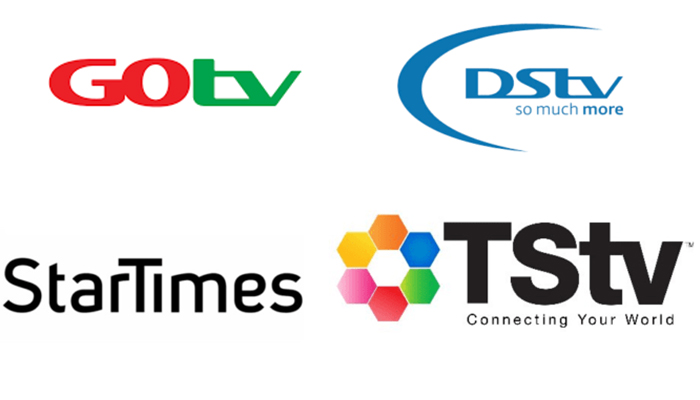
Nigeria’s House of Representatives has approved a plan to slash the price of cable TV services in favor of a pay-as-you-go (PAYG) model. They resolved to do this based on a House Committee report on the increase of subscription fees by broadcast digital satellite providers, including DSTV.
The House, in pleading with the Federal Government to implement the plan, said the plan would stimulate healthy competition in the entertainment industry. The absence of visible competitors, the House said, was tacit approval of a monopoly in the sector.
Leading operators including DStv, GoTV, and Startimes now face the possibility of being forced to reduce their prices and implement a model that may not work for Nigeria.
Why digital satellite providers have refused to implement PAYG
The Pay-As-You-Go or PAYG billing model, also called Pay-As-You-Watch, only charges subscribers when they are actively consuming television content.
Unlike present subscription services, the PAYG model isn’t periodic; what you watch at any given time is what you’re charged for. With Pay-Per-View, subscribers pay to watch a specific program only, and not the whole channel or bouquet.
Last year, Babatunde Irukera, the CEO of Nigeria’s Federal Competition and Consumer Protection Commission (FCCPC), notably questioned the viability of implementing PAYG in Nigeria, explaining that a false comparison was being made with how PAYG worked in the telecommunications sector.
“What people are asking for in pay-as-you-go is when you turn on your television and you are watching, you pay. When you turn off your television and you are not watching, you don’t pay,” Irukera said.
“It is difficult because the content has been created, what you are paying for is access. How you use the access is entirely discretionary and up to you.”
Pay Tv operators have also pushed back.
In October 2020, the CEO of Multichoice, John Ugbe, appeared before the ad-hoc committee to explain why the Pay-As-You-Go (PAYG) and Pay-Per-View (PPV) models aren’t applicable in Nigeria.
Cable TV providers in Nigeria, as in other countries including South Africa, operate on subscription-based services where subscribers have access to a number of channels for a specific period. As Ugbe explained it, this involves a one-way system by satellite broadcasters that doesn’t enable them to view when subscribers are active, or when they’re away.
The PAYG billing model, however, requires a two-way system that the South African company doesn’t have.
“It is only in instances where there is two-way communication between the device at the subscriber’s home and the headend of the pay-tv service provider, which will enable the provider to determine when a subscriber is connected or not, that a billing system could be designed to take into cognizance the subscriber’s behavior,” Ugbe said.
StarTimes, on the other hand, implemented a flexible subscription plan where customers only pay for what they get, providing daily, weekly and monthly subscription offers to the public. While this is not a Pay-As-You-Go model, it does afford subscribers more control.
Previous tussles with the government
This isn’t the first time the government is considering regulating cable tv prices. Every time there’s been a hike in cable tv prices, Nigerians protest online.
In 2020 alone, DSTV raised prices twice in three months, blaming the hike on the federal government’s 2.5% VAT increase. Around the same time, StarTimes also jacked up its prices citing the same reason. The Chinese-owned media company said that they had affected the price change earlier in several other African countries including Burundi, Madagascar, and the Democratic Republic of Congo.
The price hikes which have been continuous over the years made the House of Reps, in March 2020, launch an inquiry into the activities of digital satellite providers. An ad-hoc committee led by Unyime Idem, a member of Nigeria’s main opposition party, was formed for the purpose.
In addition to price hikes, the government and operators also disagree on content exclusivity.
In 2014, the National Broadcasting Code and the Nigeria information Policy were pushed. While they are yet to be implemented, they include policies that ensure that a cable tv operator shares its exclusive content with other operators.
Between a hard rock and a hard place
If the Federal Government does implement the House of Reps’ plan, then cable tv operators may find themselves in a hard place.
They’ll either have to upgrade their systems, which will cost a lot and may affect tariffs, or stick with their present models and face sanctions.

